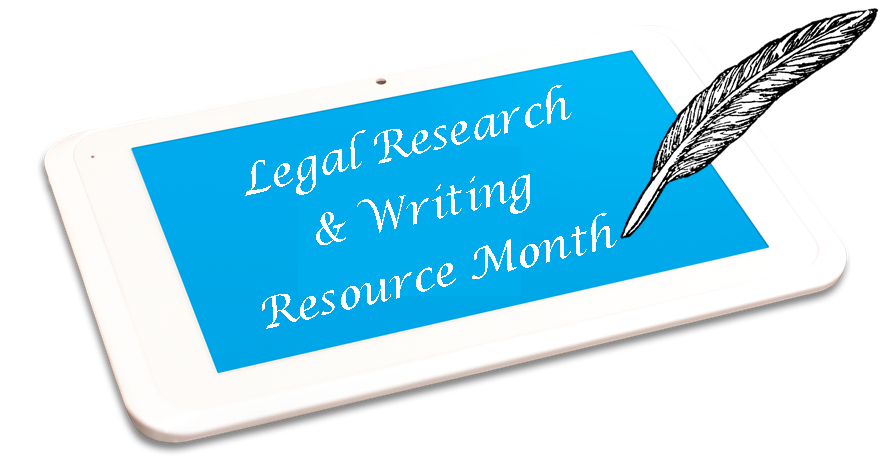In 2009, the Government Publishing Office (then called the Government Printing Office) migrated all of its Federal Government resources from GPO Access to FDsys.gov. Providing access to federal statutes, regulations, and executive branch documents, FDsys was a government information goldmine. However, opinions about the site were mixed. While one reviewer described it as, "...well organized, with good symmetry, plain layout, and design," others found it unattractive and difficult to navigate. In any case, the GPO is migrating once again to a new and improved, next generation website. It's called govInfo, and it debuted in beta mode just two years ago. It features all the content and coverage offered by FDsys but the layout and design are much improved. Best of all, the new site is built for responsive design and optimized for display on mobile devices.
govinfo is the new front door to accessing the same content that's been available on FDsys for the last 7 years, with a focus on "implementing feedback from users and improving overall search and access to electronic Federal Government information." FDsys will retire and will be completely replaced by govinfo by the end of 2018. During the transition period, be sure to update your bookmarks and links to govinfo.gov.
If you'd like to find the same documents on govinfo that you used to access on FDsys, look for the comparison chart that's available on the govinfo About page. Video tutorials are also provided along with a Help guide that links to information about what kind of content is available on govinfo and how to find it.








